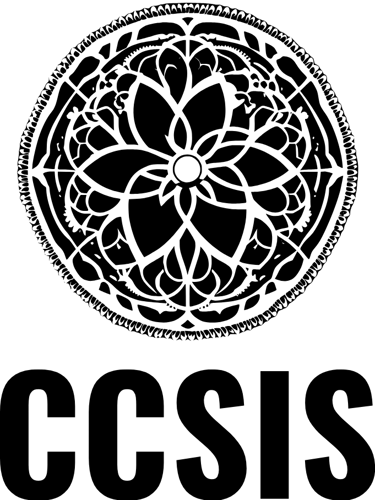Emerging Challenges and Opportunities in Islamic Economics
3/21/20243 min read


Current Issues in Islamic Economics
Islamic economics is a field that focuses on the application of Islamic principles and values in economic systems. It aims to create an economic framework that is in line with Islamic teachings and promotes social justice, equity, and ethical conduct. In recent years, several key issues have emerged in the field of Islamic economics, including Islamic public economy, halal economics and industry, sharia finance and banking, and the importance of research, teaching methods, and providing services for the poor.Islamic Public Economy
Islamic public economy refers to the application of Islamic principles in the management of public resources and the provision of public goods and services. It emphasizes the concept of collective responsibility and the equitable distribution of wealth. Islamic public economy seeks to ensure that public resources are utilized in a manner that benefits the entire society and promotes social welfare. One of the key challenges in implementing Islamic public economy is the need for effective governance and accountability. Islamic principles emphasize transparency, justice, and ethical conduct in public administration. Therefore, it is essential to establish robust mechanisms for monitoring and evaluating the use of public resources to prevent corruption and ensure that the benefits reach the intended recipients.Halal Economics and Industry
Halal economics and industry focus on the production and consumption of goods and services that are permissible according to Islamic law. It encompasses various sectors, including food, cosmetics, pharmaceuticals, and finance. The halal industry has experienced significant growth in recent years, driven by the increasing demand for halal products and services from Muslim consumers worldwide. One of the challenges in the halal industry is the lack of standardized certification and regulation. There is a need for a globally recognized certification system that ensures the compliance of halal products and services with Islamic principles. This will not only enhance consumer confidence but also facilitate trade and investment in the halal sector.Sharia Finance and Banking
Sharia finance and banking refer to financial practices that comply with Islamic law, known as Sharia. It prohibits the charging or paying of interest (riba) and promotes risk-sharing and ethical investments. Islamic finance has gained significant attention in recent years, with the establishment of Islamic banks and the development of various Sharia-compliant financial products. One of the challenges in Sharia finance and banking is the need for qualified professionals who have a deep understanding of both Islamic principles and modern financial practices. There is a growing demand for experts who can develop innovative financial products that are in line with Sharia principles while also meeting the needs of a rapidly changing global economy.Research, Teaching Methods, and Service for the Poor
Research and teaching methods play a crucial role in advancing the field of Islamic economics. There is a need for rigorous academic research that explores the theoretical foundations of Islamic economics and provides practical insights for policymakers and practitioners. Additionally, innovative teaching methods should be employed to ensure that students gain a comprehensive understanding of the subject and can apply Islamic economic principles in real-world scenarios. Furthermore, Islamic economics places a strong emphasis on social justice and the welfare of the less fortunate. It encourages the provision of services for the poor and marginalized communities. Islamic financial institutions have pioneered various models, such as microfinance and social welfare funds, to address the needs of the poor and promote inclusive economic growth. In conclusion, Islamic economics faces various challenges and opportunities in the current economic landscape. Issues such as Islamic public economy, halal economics and industry, sharia finance and banking, and the importance of research, teaching methods, and service for the poor are at the forefront of the field. Addressing these challenges and leveraging the opportunities will contribute to the development of a more equitable and ethical economic system that aligns with Islamic principles.Get in touch
Socials
Subscribe to our newsletter
Copyright ©2024-2025 by Society of Complex Systems and Interdisciplinary Studies ║ International virtual Office: érables 94470, Boissy St Leger, France. Bank Address: Avenue Louise 54, Brussels, 1050, Belgium.
